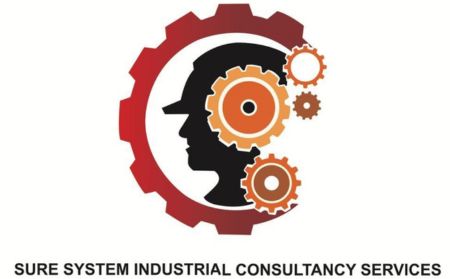
Labour License
A Labour License, also known as a Labor License, is a legal document or permit issued by government authorities in many countries, including India, to regulate and monitor specific labor-related activities and businesses. The purpose of a labor license is to ensure that employers comply with labor laws and regulations, safeguard the rights and welfare of workers, and maintain safe and ethical workplace conditions. Here are some key points about Labour Licenses:
- Types of Labor Licenses: Labor licenses may be required for various labor-intensive businesses and activities, including but not limited to factories, construction sites, shops and establishments, contract labor, and more.
- Regulatory Authority: In India, the issuance and regulation of labor licenses are primarily governed by state labor departments or related authorities. The specific authority responsible may vary from one state to another.
- Mandatory Requirement: Depending on the type of business and the nature of work, obtaining a labor license may be mandatory. Failure to obtain the required labor license can result in legal penalties and fines.
- Application Process: To obtain a labor license, employers typically need to submit an application to the relevant labor department or authority. The application process may involve providing information about the business, the number of employees, and compliance with labor laws.
- Safety and Welfare: Labor licenses often require employers to adhere to safety regulations, provide necessary facilities for workers (such as restrooms and drinking water), and maintain records related to employment and working conditions.
- Health and Safety: Labor licenses are closely associated with occupational health and safety (OHS) standards. Employers are required to create and maintain a safe working environment and take measures to prevent workplace accidents and injuries.
- Working Hours and Wages: Labor licenses may also specify regulations related to working hours, overtime, minimum wages, and other employment-related matters.
- Renewal: Labor licenses may have a specified validity period, and employers need to renew them periodically to demonstrate ongoing compliance with labor laws and regulations.
- Penalties for Non-Compliance: Operating a business without the required labor license or failing to adhere to labor laws can lead to legal consequences, including fines, shutdowns, and legal action by workers or labor unions.
Labor licenses are essential for protecting the rights and well-being of workers and ensuring that employers operate ethically and within the framework of labor laws. Employers are encouraged to consult with the relevant labor authorities to understand the specific requirements and regulations applicable to their industry and location.
